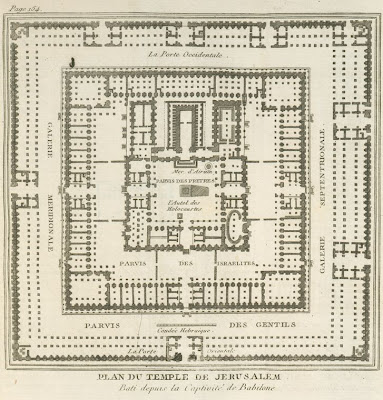Palm Sunday
Jn 12:12, Matt 21--Jesus allows the people to call him the Messiah publicly. He did not allow it before because the Jews thought that the Christ would be a military messiah. But he allows it now because the crucifixion is so imminent.
Several Messianic signs are contained in the triumphant entry into Jerusalem.
- Jesus's riding on a donkey (Zechariah 9:9 "Rejoice greatly, O daughter of Zion! Shout aloud, O daughter of Jerusalem! Lo, your king comes to you; triumphant and victorious is he, humble and riding on an ass, on a colt the foal of an ass."). This is also appropriate because the donkey is a beast of burden, not a conqueror's horse, and is thus fitting for the suffering servant.
- Jesus allows the people to call him "Son of David," a Messianic title.
- The presence of palms signify the presence of a king.
- The people call him the King of Israel
- The crowd cries out, "Hosanna!" which means "come and save us"
After the triumphant entry into Jerusalem, Jesus gives a homily (Jn 12:23). In it, he mentions that, "unless a grain of wheat falls into the earth and dies, it remains alone; but if it dies, it bears much fruit." He instructs us that those who follow him must be willing to lay down their lives for him: "If any one serves me, he must follow me; and where I am, there shall my servant be also; if any one serves me, the Father will honor him."
Monday of Holy Week
Depiction of the Temple courtesy of the NYPL Digital Database
Print showing the Temple's floor-plan (1784), courtesy of the NYPL Digital Database



No comments:
Post a Comment